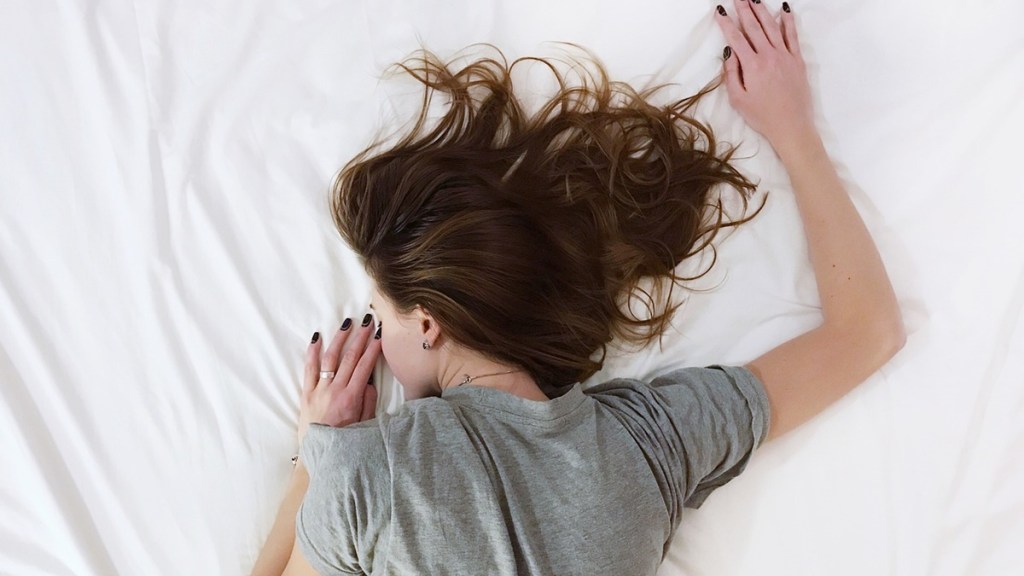Optimal sleep is extremely important for your overall well-being. In this fast paced world, hectic work schedule and stress have a direct impact on the sleep cycle. In the recent year, a new health trend, known as sleepmaxxing, that helps optimise sleep patterns is gaining popularity.
Sleepmaxxing involves taking melatonin supplements, using white noise generators, wearing weighted blankets, and mouth-taping to promote nasal breathing. The technique also includes using sleep-tracking devices and following strict sleep routines.
Sleepmaxxing aims to increase the quantity and quality of sleep to promote improved mental and physical health. “I think the trend towards understanding that sleep is actually really important, the reason sleep is important and actually focusing on sleep is a good thing,” Dr Jag Sunderram, professor of medicine at the Robert Wood Johnson Medical School, told CNN.
Experts maintain that these tried-and-tested strategies include sleeping in a cool, dark and quiet room, avoiding bright lights and screens for a few hours before bed, abstaining from alcohol and caffeine for a few hours before bed and setting a regular wake-up and bedtime.
According to a report by NDTV World, people who are sleepmaxxers use sleep-tracking applications, which may be useful for keeping an eye on the many elements that either assist or hinder your ability to sleep.
Meanwhile, experts warn that users should avoid becoming fixated with the app and allowing its suggestions to negatively affect their outlook on their sleep before it really occurs.
Additionally, weighted blankets can reassure people who like feeling cocooned while sleeping. Red light exposure, on the other hand, induces alertness during sleep, but its lesser tendency to suppress melatonin can result in improving sleep, experts said.
Some sleepmaxxers use mouth tap to prevent mouth breathing, which has been connected to snoring, thirst, dry mouth, foul breath, and eventually gum disease. However, the practice has been deemed risky by experts, particularly for people who suffer from obstructive sleep apnoea. Mouth taping can also cause damage to soft tissues.
“Sleepmaxxing can backfire if it turns what should be a restorative process into a high-pressure chore,” said Anita Shelgikar, director of the sleep medicine fellowship and clinical professor of neurology at the University of Michigan.
She added, “For some individuals, being overly attentive to sleep optimisation and sleep patterns every night can increase stress and worsen sleep over time.”

